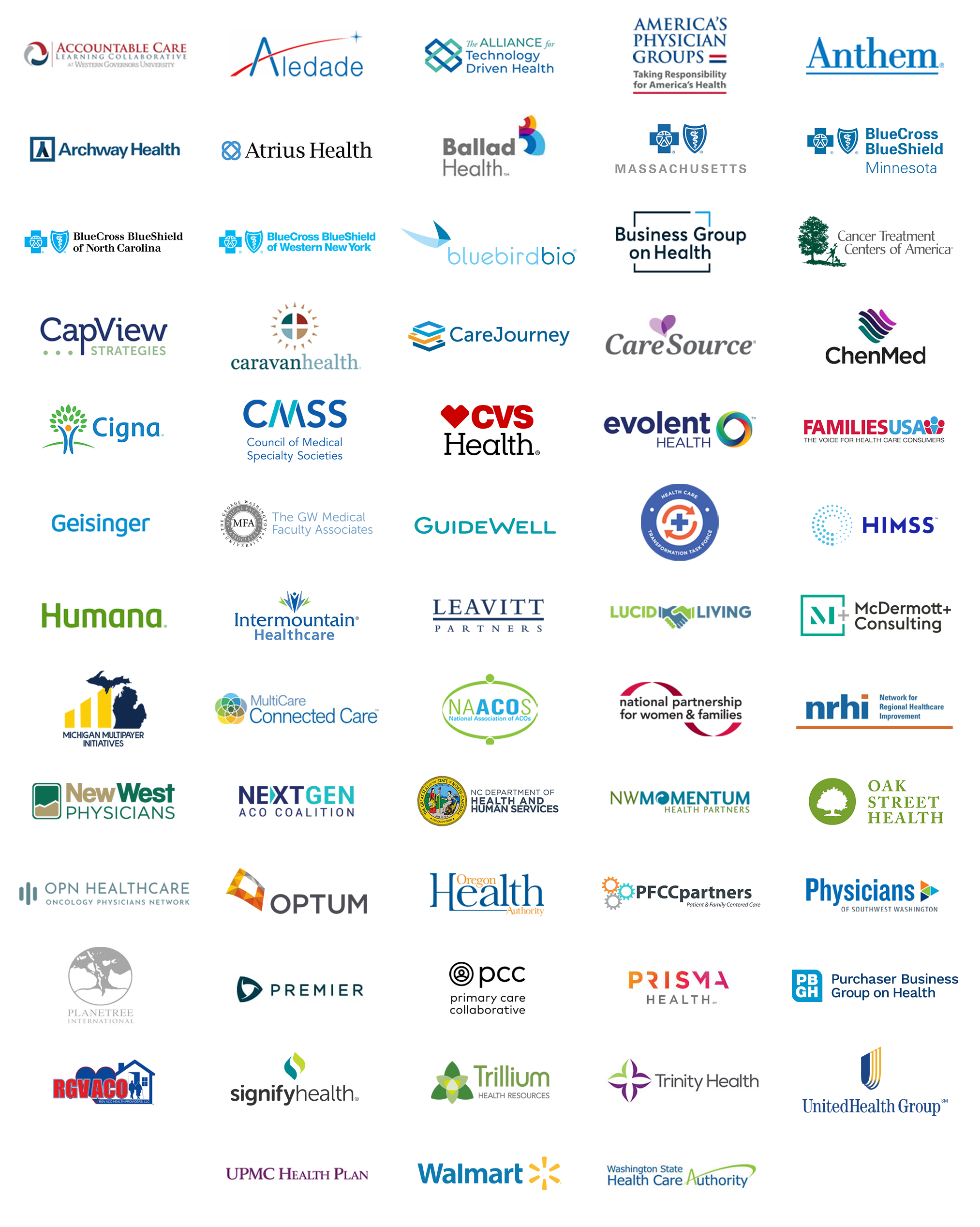
Person Perspectives
Council
Overview
The Person Perspectives Council elevated the voices of patients, caregivers, and community members in defining what truly matters in health care delivery.
Key Components
- Conducted a landscape analysis and interviews with individuals and advocacy organizations
- Developed industry-facing guidance to inform payers and providers on person-centered care priorities
Focus Areas
- Affordability: Addressing out-of-pocket costs and financial barriers to care
- Access: Ensuring timely, convenient, and equitable access to services
- Experience: Prioritizing communication, trust, and cultural competence in care interactions

National Health
Plan Workgroup
Overview
This workgroup united six major national health plans and CMS to better integrate specialty care into value-based care and improve systemic alignment.
Key Components
- Focused on standardizing data and infrastructure to support value-based care adoption
- Encouraged consistency across health plans in value-based care implementation
- Supported CMS Innovation Center model participation to promote alignment and reduce fragmentation
Targeted Activities
- Collaborated on specialty care contract design
- Shared strategies to scale successful models across markets
- Aligned incentives to support whole-person care delivery

State Transformation
Collaboratives
Overview
The State Transformation Collaboratives supported states in shifting Medicaid and Medicare programs from fee-for-service to value-based, person-centered care. Each collaborative focused on the unique needs and opportunities of a specific region.
Key Components

Four collaboratives, each focused on a distinct state or region

Included diverse stakeholders: payers, providers, purchasers, patient advocates, and community-based organizations

Emphasized community-driven approaches to health system transformation
Participating States

Arkansas

California

Colorado

North Carolina
Targeted Activities
- Fostered alignment between public and private sector partners
- Shared lessons and outcomes to inform broader scale-up efforts

Accountable Care
Action Collaborative
Overview
The Accountable Care Action Collaborative (ACAC) advanced the adoption of accountable care models by promoting stakeholder collaboration and alignment beyond payment reform alone. It emphasized patient-centered, longitudinal care that improves outcomes and affordability through shared decision-making.
Key Components

Developed and promoted the Accountable Care Curve, a tool to assess progress toward comprehensive accountable care

Collaborated with other HCPLAN initiatives to support shared goals

Engaged a broad coalition of stakeholders to identify and scale best practices
Targeted Activities
- Identified key metrics to track progress and motivate uptake of value-based care (VBC) models
- Encouraged specialty care providers to participate in VBC arrangements
- Launched a purchaser-focused campaign to promote VBC adoption and minimize coverage disruption
- Amplified initiatives that improve patient-provider communication about evidence-based care
Looking for more information
on these initiatives?
Access reports, tools, and other resources developed through each initiative in the HCPLAN Resource Library.

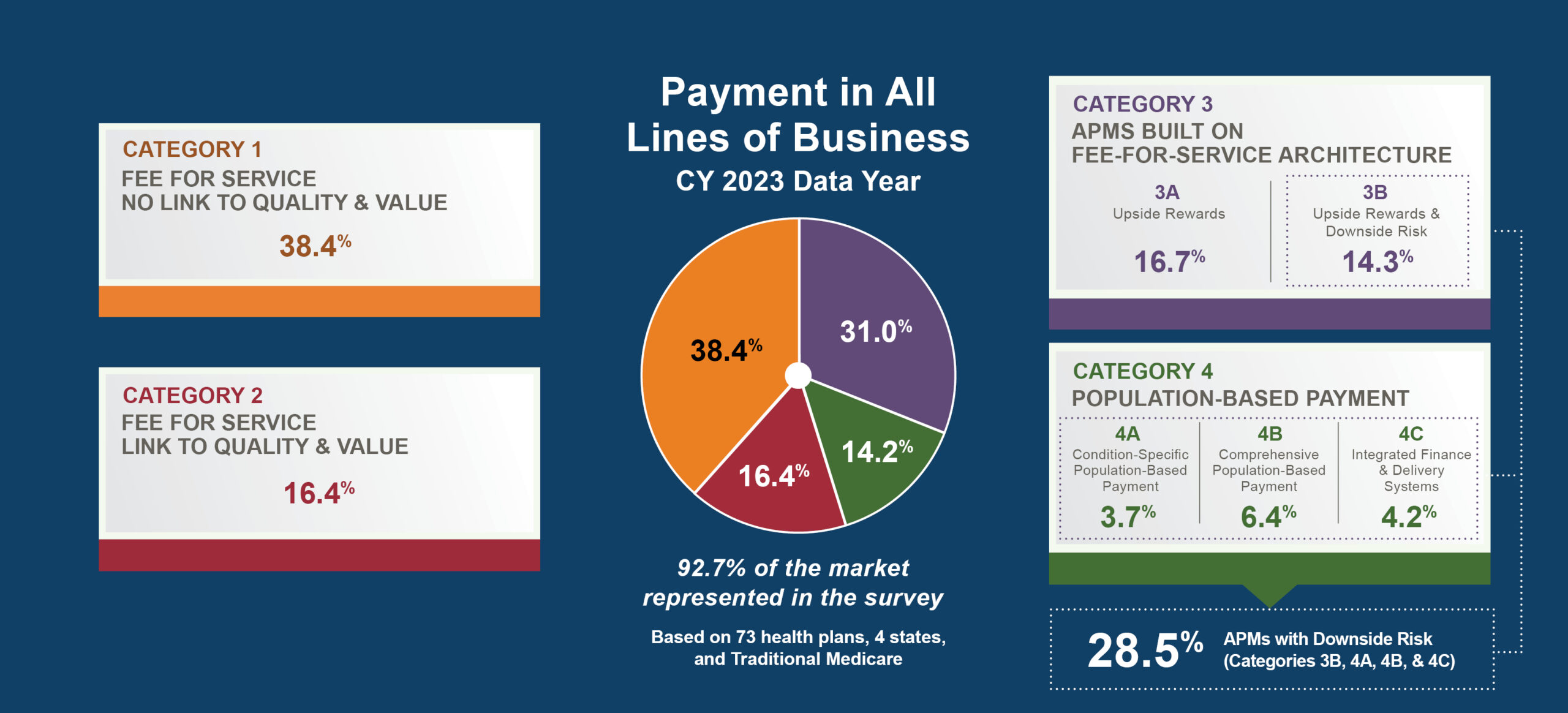
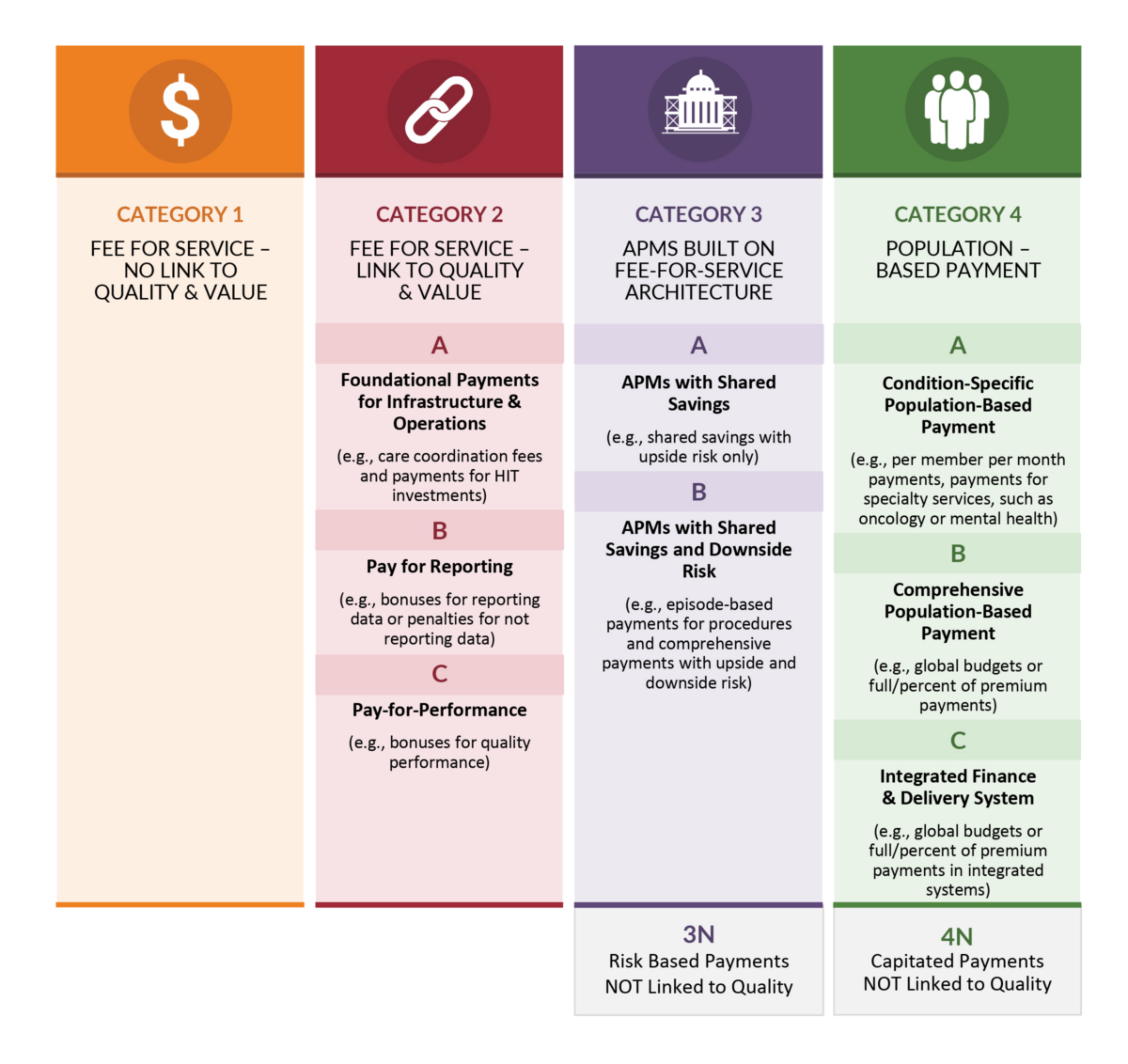

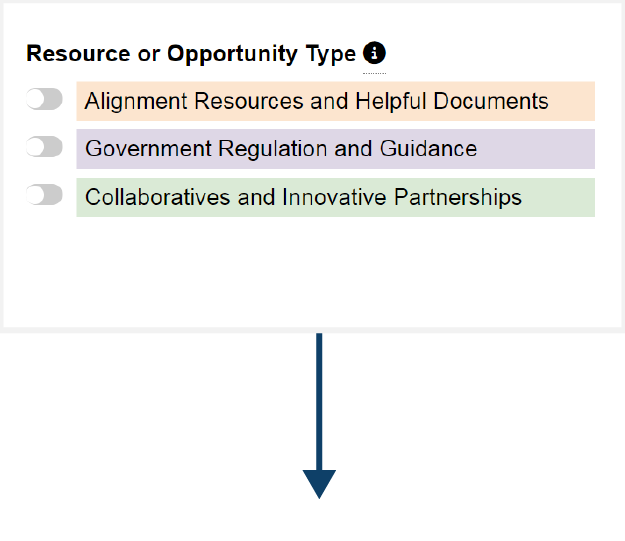
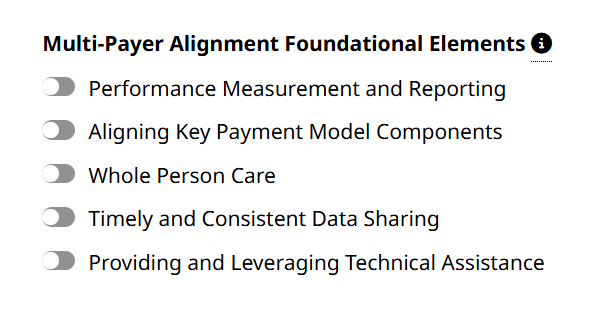
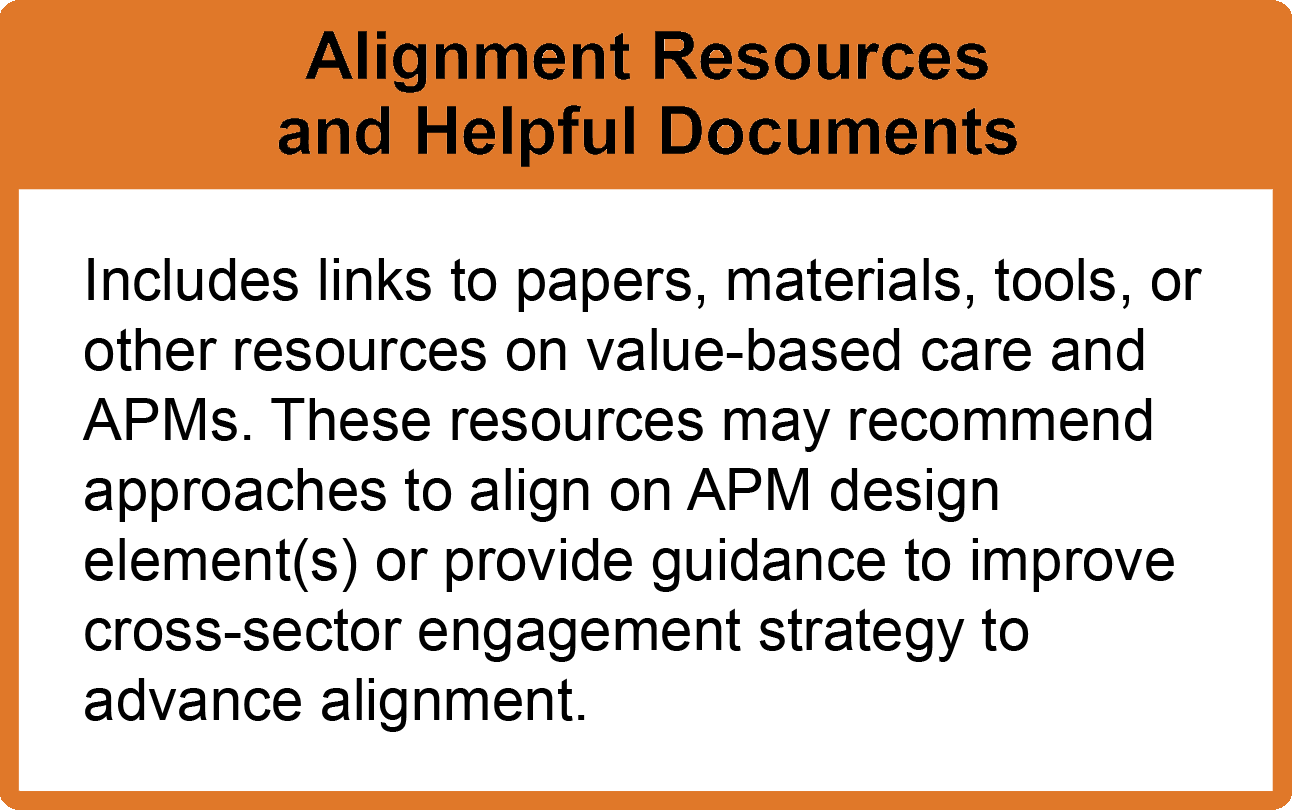
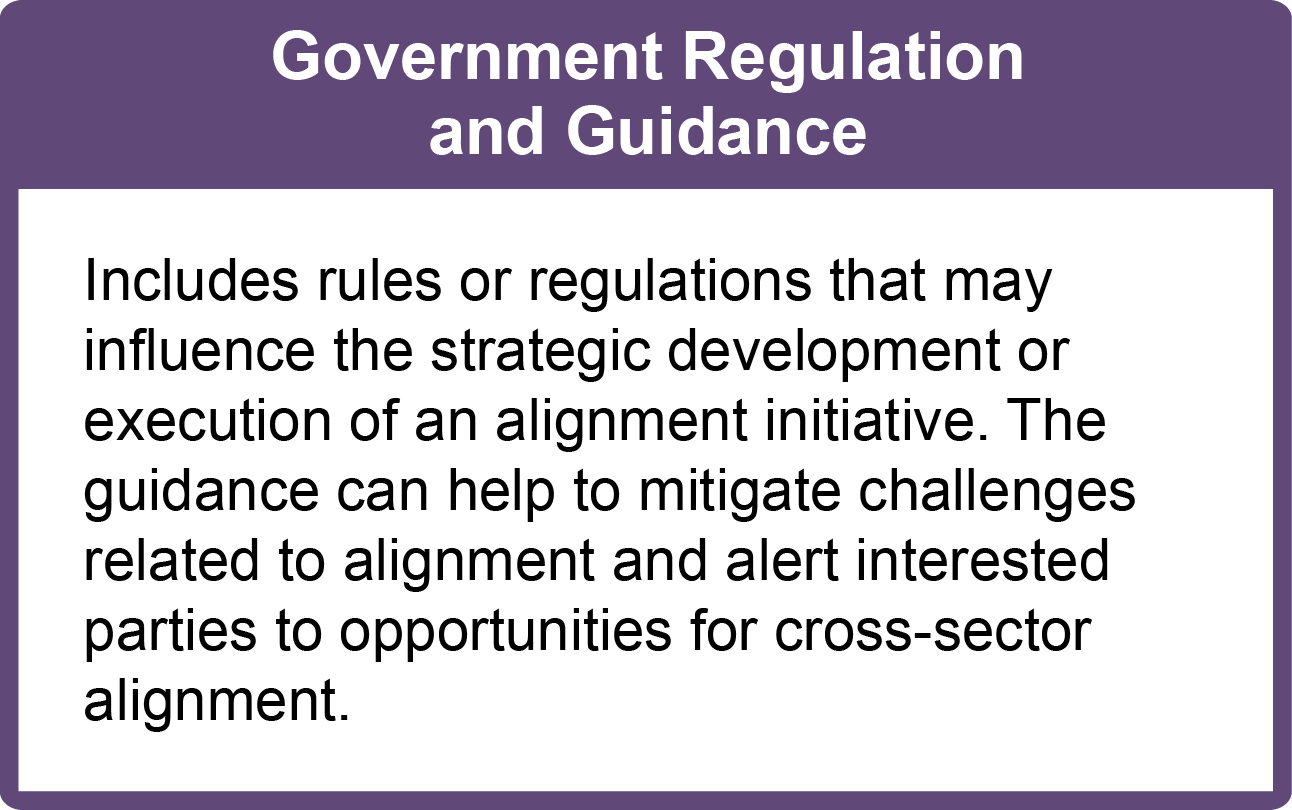
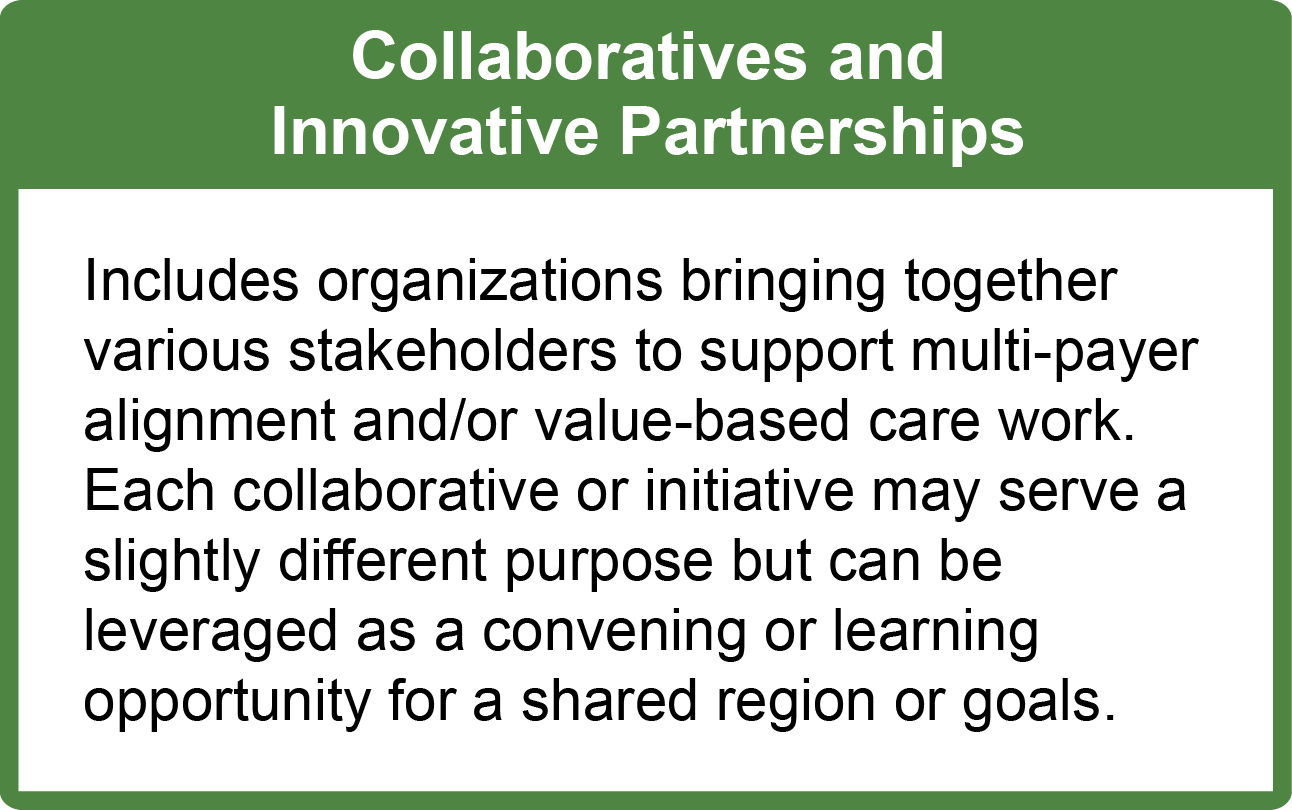

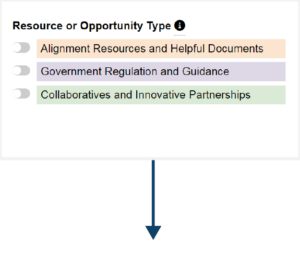
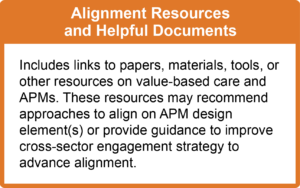
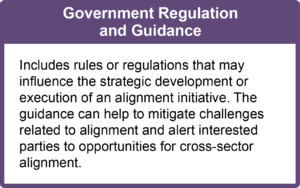
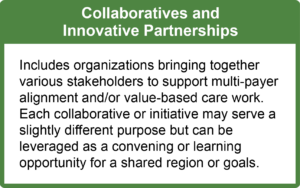
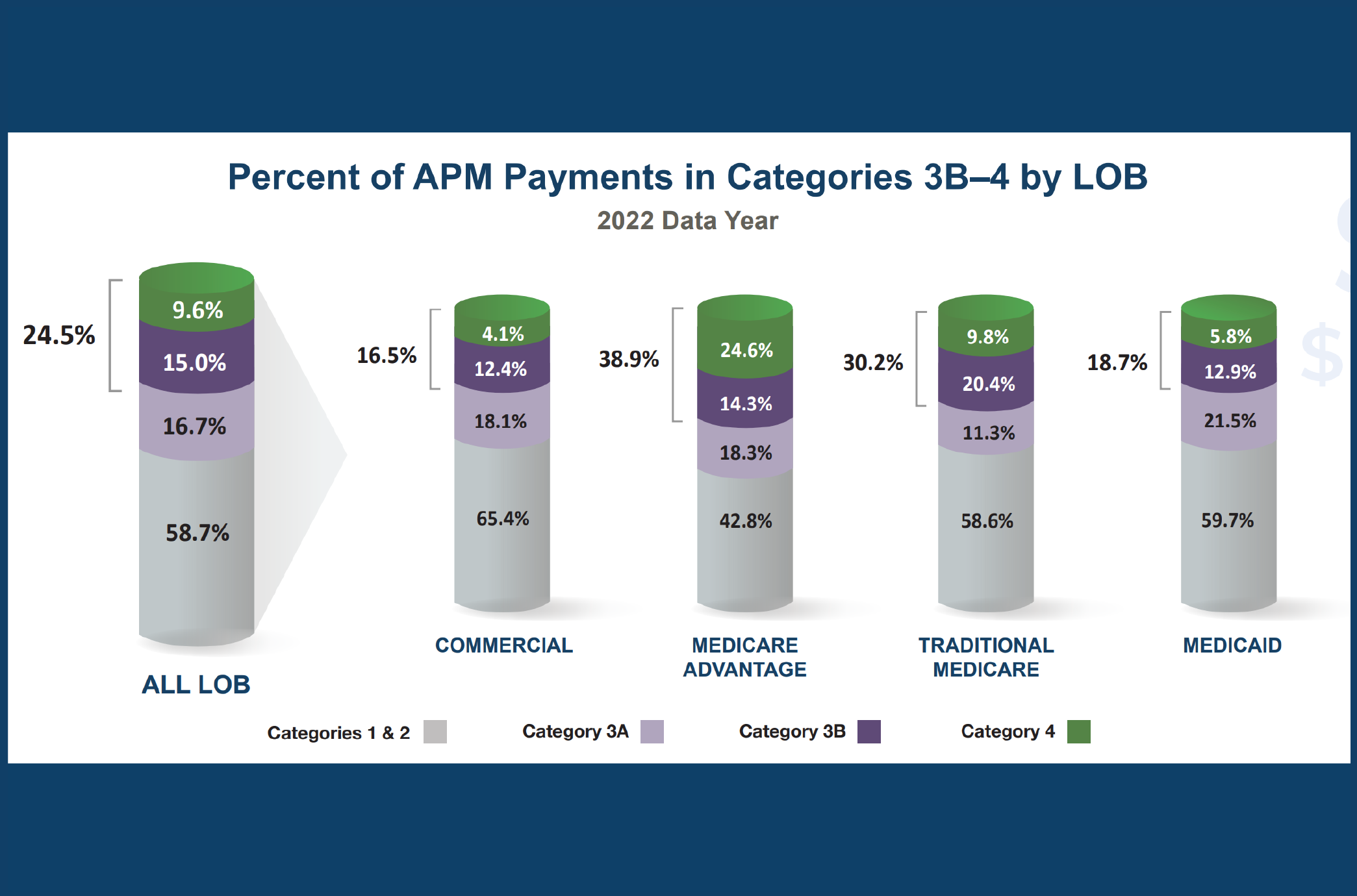
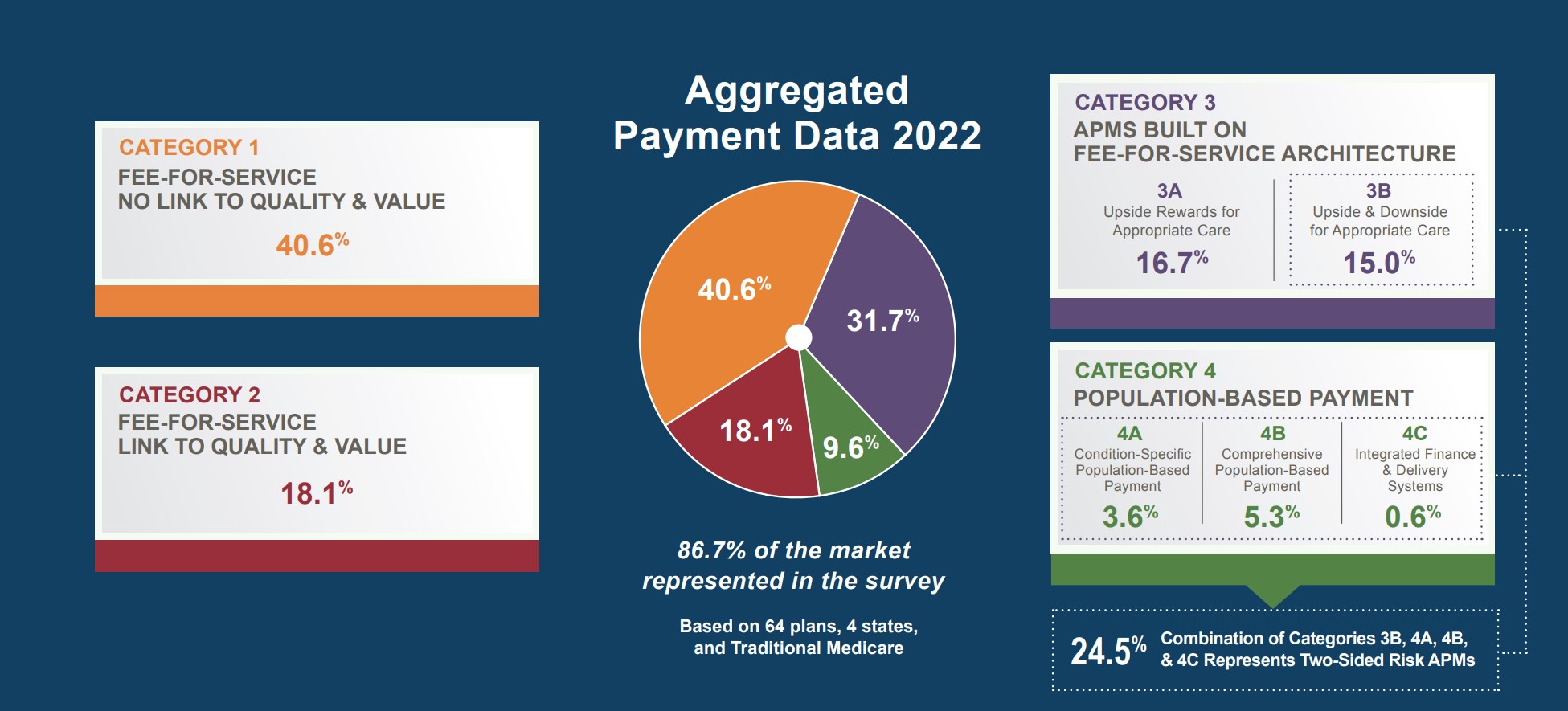
 Emily DuHamel Brower, M.B.A., is senior vice president of clinical integration and physician services for Trinity Health. Emphasizing clinical integration and payment model transformation, Ms. Brower provides strategic direction related to the evolving accountable healthcare environment with strong results. Her team is currently accountable for $10.4B of medical expense for 1.6M lives in Medicare Accountable Care Organizations (ACOs), Medicare Advantage, and Medicaid and Commercial Alternative Payment Models.
Emily DuHamel Brower, M.B.A., is senior vice president of clinical integration and physician services for Trinity Health. Emphasizing clinical integration and payment model transformation, Ms. Brower provides strategic direction related to the evolving accountable healthcare environment with strong results. Her team is currently accountable for $10.4B of medical expense for 1.6M lives in Medicare Accountable Care Organizations (ACOs), Medicare Advantage, and Medicaid and Commercial Alternative Payment Models. Victor is the Chief Medical Officer for TennCare, Tennessee’s Medicaid Agency. At TennCare, Victor leads the medical office to ensure quality and effective delivery of medical, pharmacy, and dental services to its members. He also leads TennCare’s opioid epidemic strategy, social determinants of health, and practice transformation initiatives across the agency. Prior to joining TennCare, Victor worked at Evolent Health supporting value-based population health care delivery. In 2013, Victor served as a White House Fellow to the Secretary of Health and Human Services. Victor completed his Internal Medicine Residency at Emory University still practices clinically as an internist in the Veteran’s Affairs Health System.
Victor is the Chief Medical Officer for TennCare, Tennessee’s Medicaid Agency. At TennCare, Victor leads the medical office to ensure quality and effective delivery of medical, pharmacy, and dental services to its members. He also leads TennCare’s opioid epidemic strategy, social determinants of health, and practice transformation initiatives across the agency. Prior to joining TennCare, Victor worked at Evolent Health supporting value-based population health care delivery. In 2013, Victor served as a White House Fellow to the Secretary of Health and Human Services. Victor completed his Internal Medicine Residency at Emory University still practices clinically as an internist in the Veteran’s Affairs Health System. Tamara Ward is the SVP of Insurance Business Operations at Oscar Health, where she leads the National Network Contracting Strategy and Market Expansion & Readiness. Prior to Oscar she served as VP of Managed Care & Network Operations at TriHealth in Southwest Ohio. With over 15 years of progressive health care experience, she has been instrumental driving collaborative payer provider strategies, improving insurance operations, and building high value networks through her various roles with UHC and other large provider health systems. Her breadth and depth of experience and interest-based approach has allowed her to have success solving some of the most complex issues our industry faces today. Tam is passionate about driving change for marginalized communities, developing Oscar’s Culturally Competent Care Program- reducing healthcare disparities and improving access for the underserved population. Tamara holds a B.A. from the University of Cincinnati’s and M.B.A from Miami University.
Tamara Ward is the SVP of Insurance Business Operations at Oscar Health, where she leads the National Network Contracting Strategy and Market Expansion & Readiness. Prior to Oscar she served as VP of Managed Care & Network Operations at TriHealth in Southwest Ohio. With over 15 years of progressive health care experience, she has been instrumental driving collaborative payer provider strategies, improving insurance operations, and building high value networks through her various roles with UHC and other large provider health systems. Her breadth and depth of experience and interest-based approach has allowed her to have success solving some of the most complex issues our industry faces today. Tam is passionate about driving change for marginalized communities, developing Oscar’s Culturally Competent Care Program- reducing healthcare disparities and improving access for the underserved population. Tamara holds a B.A. from the University of Cincinnati’s and M.B.A from Miami University.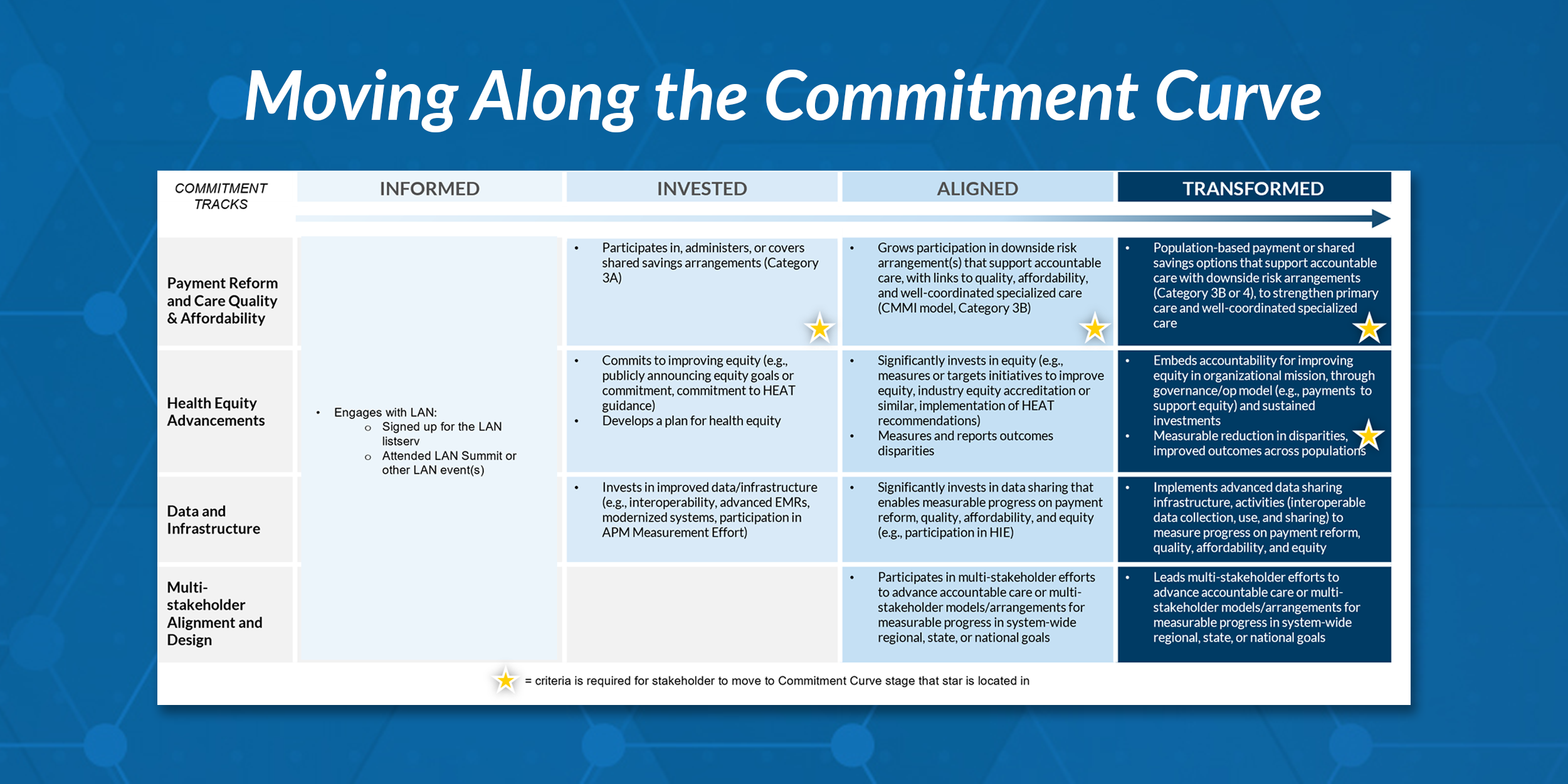
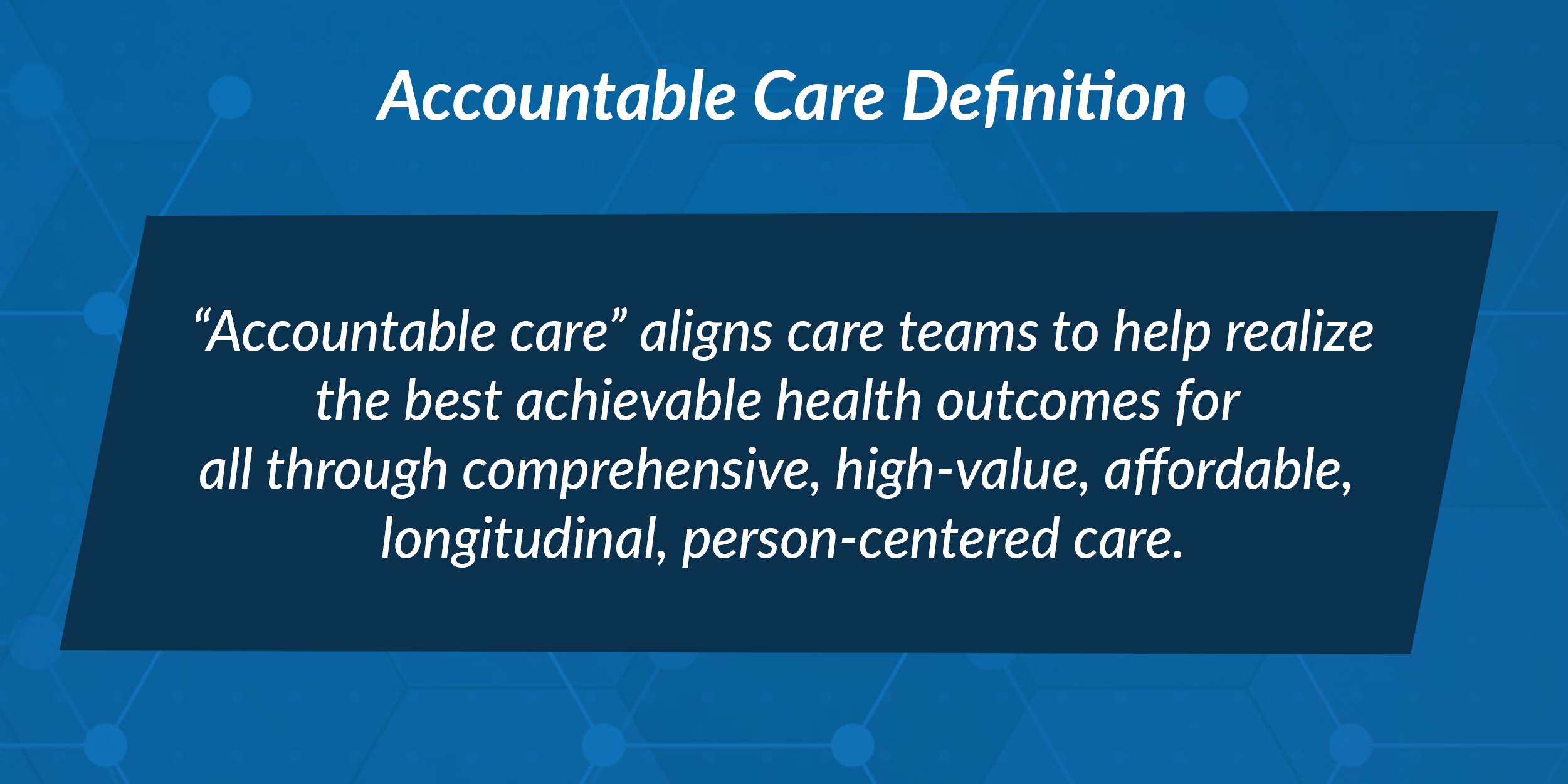
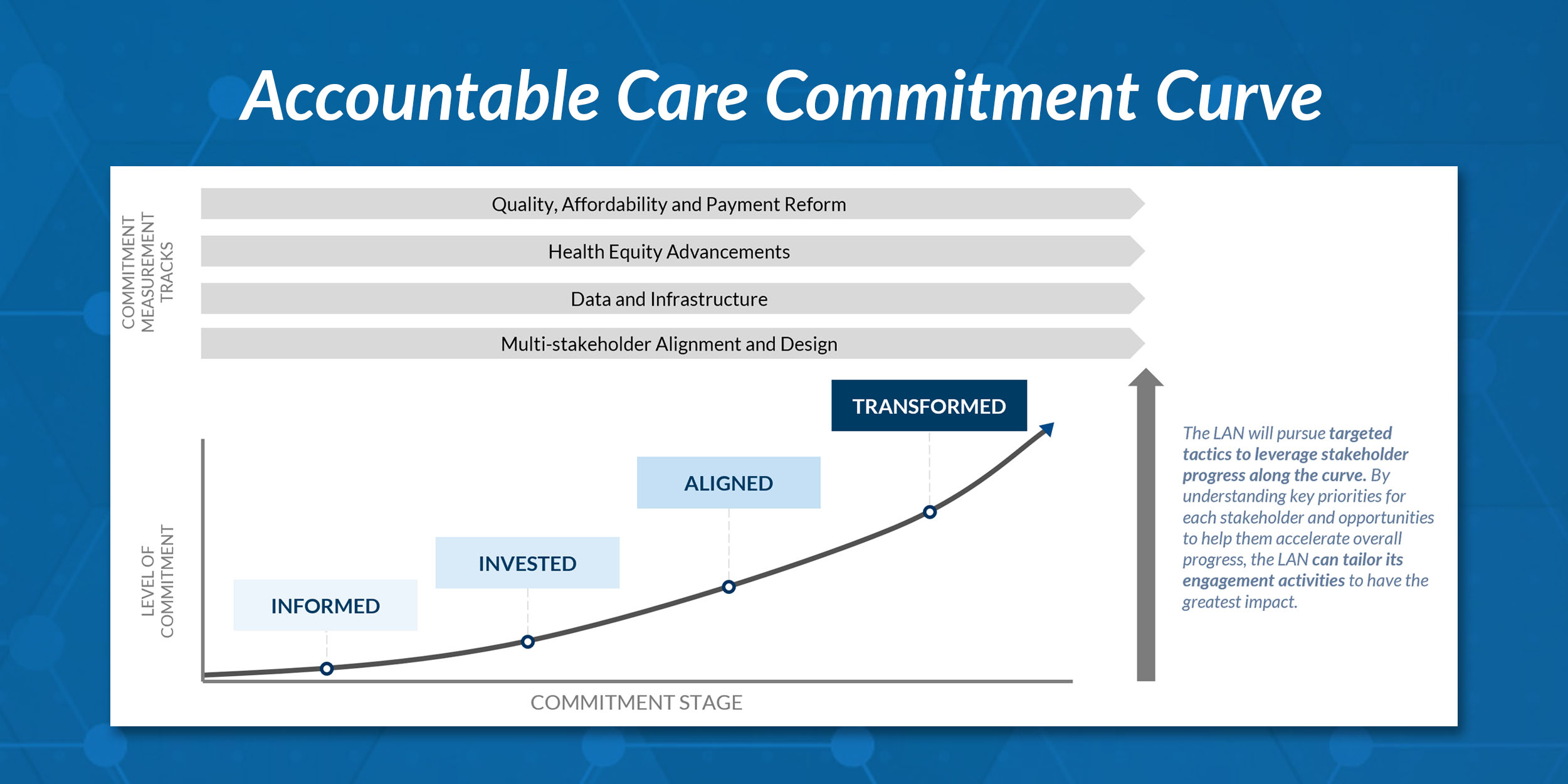
 Dr. Peter Walsh joined the Colorado Department of Health Care Policy and Financing as the Chief Medical Officer on December 1, 2020. Prior to joining HCPF, Dr. Walsh served as a Hospital Field Representative/Surveyor at the Joint Commission, headquartered in Oakbrook Terrace, Illinois.
Dr. Peter Walsh joined the Colorado Department of Health Care Policy and Financing as the Chief Medical Officer on December 1, 2020. Prior to joining HCPF, Dr. Walsh served as a Hospital Field Representative/Surveyor at the Joint Commission, headquartered in Oakbrook Terrace, Illinois.





